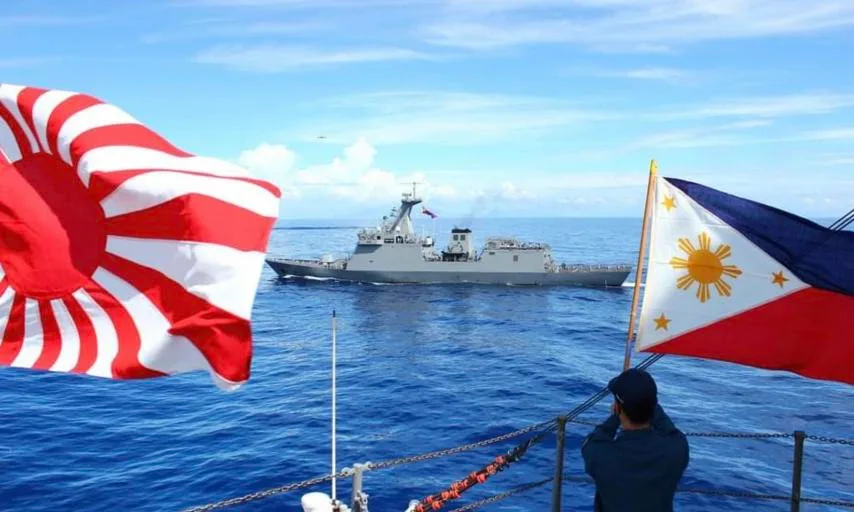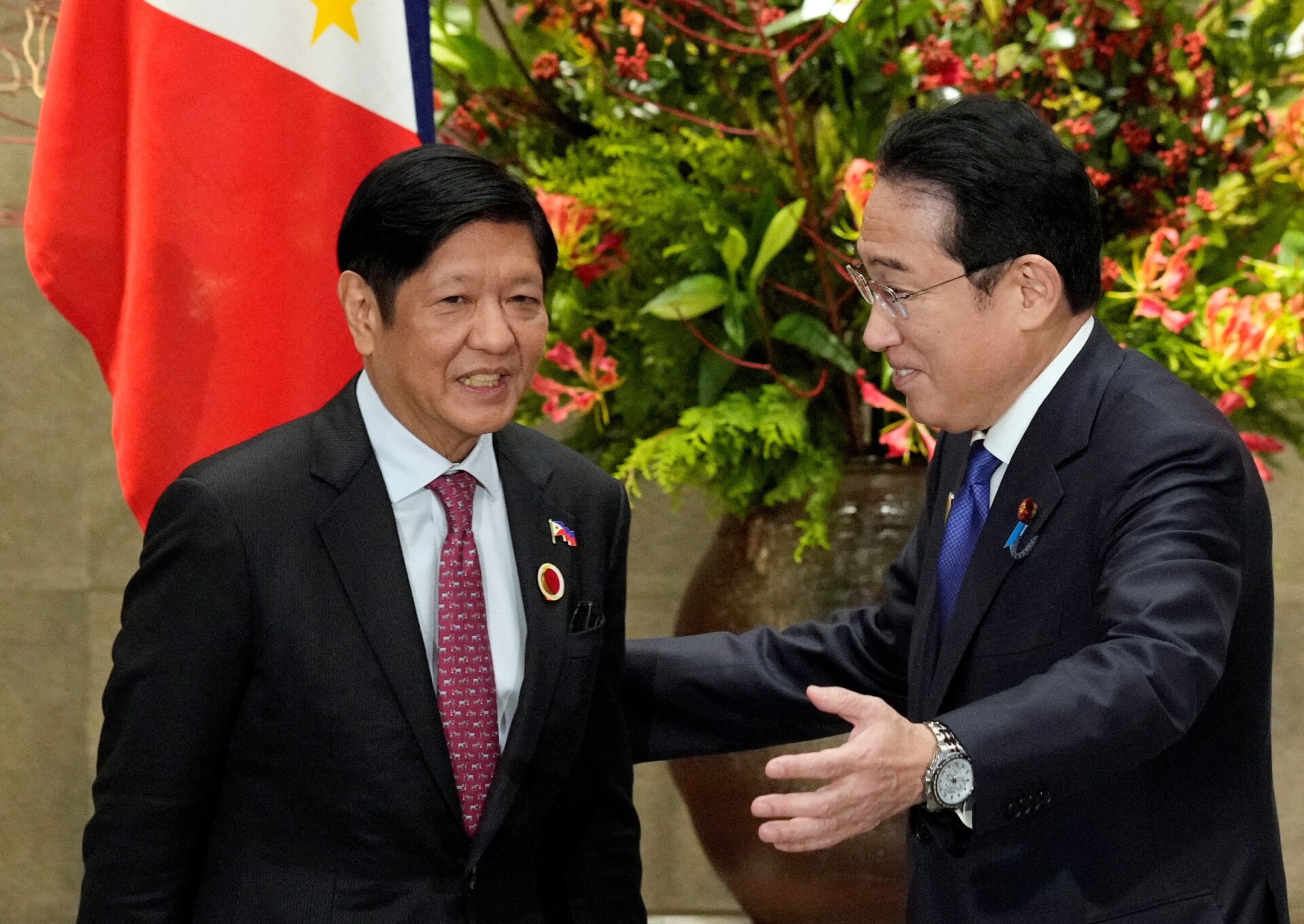With Focus on China, Philippines and Japan Sign Defense Agreement
To counter China and its military's aggressive actions in the South China Sea, the Philippines and Japan have signed a defense agreement allowing both countries to station their troops in each other's territories.
(DEFENCE SECURITY ASIA) — To counter China and its military’s aggressive actions in the South China Sea, the Philippines and Japan have signed a defense agreement allowing both countries to station their troops in each other’s territories.
The defense agreement, called the “Reciprocal Access Agreement,” was signed by Japanese Foreign Minister Yoko Kamikawa and Philippine Defense Secretary Gilberto Teodoro in Manila, witnessed by Philippine President Ferdinand Marcos Jr.
However, the agreement requires ratification by both countries before it can be enforced.
Under the agreement, Japanese troops are allowed to be deployed in the Philippines for joint military exercises, while Filipino troops are permitted to undergo military training in Japan.
Regional observers expect that following the agreement, the Philippines and Japan will conduct more joint military exercises and that Tokyo may station its troops in the Southeast Asian country on a rotational basis.

Both countries, staunch allies of the United States in Asia, reached an agreement to sign the defense pact due to concerns over China’s military aggression in the Indo-Pacific, particularly in the South China Sea.
Beijing claims a significant portion of the South China Sea, vital for global trade, as its own.
Beijing’s claimed areas include parts of the Exclusive Economic Zones (EEZs) of Southeast Asian countries, including Malaysia, which are rich in fisheries and oil and gas resources.
An international tribunal ruling in The Hague, Netherlands, in 2016 found China’s claims to the South China Sea had “no legal basis.”
Chinese and Filipino coast guard and naval vessels have been involved in several confrontations in disputed waters, including an incident last month where Chinese coast guard personnel, armed with knives and poles, rammed a Filipino boat delivering supplies.

Japan also faces overlapping claims with China over the Senkaku Islands, located between Taiwan and Okinawa.
Under the leadership of Japanese Prime Minister Fumio Kishida, Tokyo has been modernizing and enhancing its military capabilities, including through military access agreements with Australia and the United Kingdom.
The Philippine President has criticized Beijing’s actions in the South China Sea, warning that any Filipino deaths at the hands of China would be considered an act of war.
Besides the defense agreement with Japan, Manila has a defense treaty with the United States, which obligates Washington to provide military assistance if it is “attacked” by Beijing.
The United States also has access to nine Philippine air and naval bases for equipment and personnel deployment. Manila has defense agreements with Australia and is reportedly considering a defense pact with France.

The northern Philippines is strategically important to the United States and its allies due to its proximity to Taiwan.
In April, leaders from the United States, Japan, and the Philippines held a trilateral summit in Washington to further enhance military cooperation.
This summit followed joint military exercises conducted by the three countries, along with Australia, in the South China Sea. – DSA



Comments are closed.